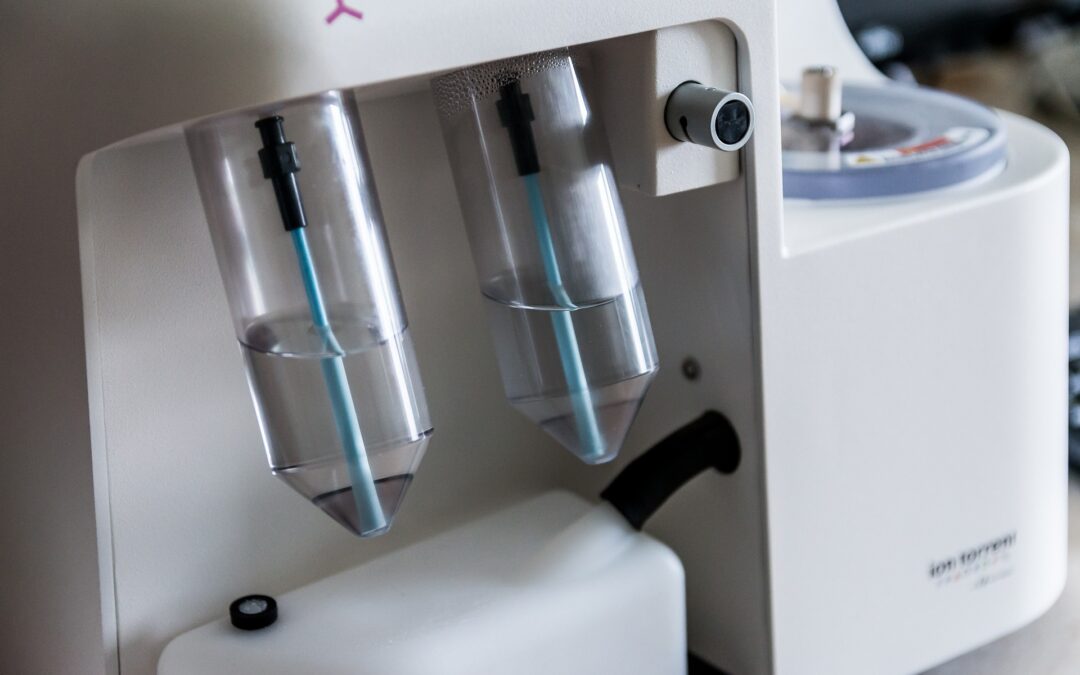Autoantibodies in Type 1 Diabetes
Have you or someone you know been diagnosed with type 1 diabetes? If so, then you may have heard of autoantibodies. Autoantibodies are proteins that the body produces when it mistakenly attacks its own tissues and organs. In the case of type 1 diabetes, autoantibodies can target the cells in the pancreas that produce insulin. This means that if you have type 1 diabetes, you will likely also have autoantibodies present in your body. Read on to learn more about the role of autoantibodies in type 1 diabetes and how to tell if you have them.
How Do I Know if I Have Autoantibodies?
If you have a family member with type 1 diabetes, your doctor may recommend that you get tested for autoantibodies. Since about 88% of new cases of T1D occur in people with no family history, it may be still worthwhile to consider testing for autoantibodies even if you have no family history of the disease. These tests are usually done as part of a blood test which looks for various markers in your blood that could indicate an autoimmune response within your body. Some of these tests include:
- Islet cell antibodies (IA-2)
- Glutamic acid decarboxylase antibodies (GAD65)
- Insulin autoantibody (IAA)
- Zinc Transporter 8 (ZnT8)
Enable Biosciences’ at-home test checks for the presence of IA-2, GAD65, and IAA antibodies.
The presence of two or more of these antibodies can indicate an increased risk of developing type 1 diabetes, but they do not guarantee a diagnosis. However, if any are detected during testing it could be used as additional evidence to support a diagnosis of type 1 diabetes by your doctor.
How Do Autoantibodies Affect Type 1 Diabetes Care?
Autoantibodies can play an important role in diagnosing and managing type 1 diabetes as they can help identify individuals who are at risk for developing the condition and provide clues as to what methods of care may be most effective for managing symptoms. They can also help identify people who need more aggressive treatment plans or closer monitoring by their healthcare team due to their increased risk for developing complications from the condition. Additionally, newly approved therapies administered in the early stages of disease have shown promise in delaying the onset of type 1 diabetes.
Conclusion
While there is no cure yet for type 1 diabetes, understanding the role of autoantibodies in this condition can help increase awareness and improve outcomes for those living with it every day. Knowing whether or not you have autoantibodies present can give you more information about how to best manage your condition and provide peace of mind regarding your long-term health prospects. If you’ve recently been diagnosed with type 1 diabetes or think that you might be at risk, talk to your doctor about getting tested for autoantibodies today!

